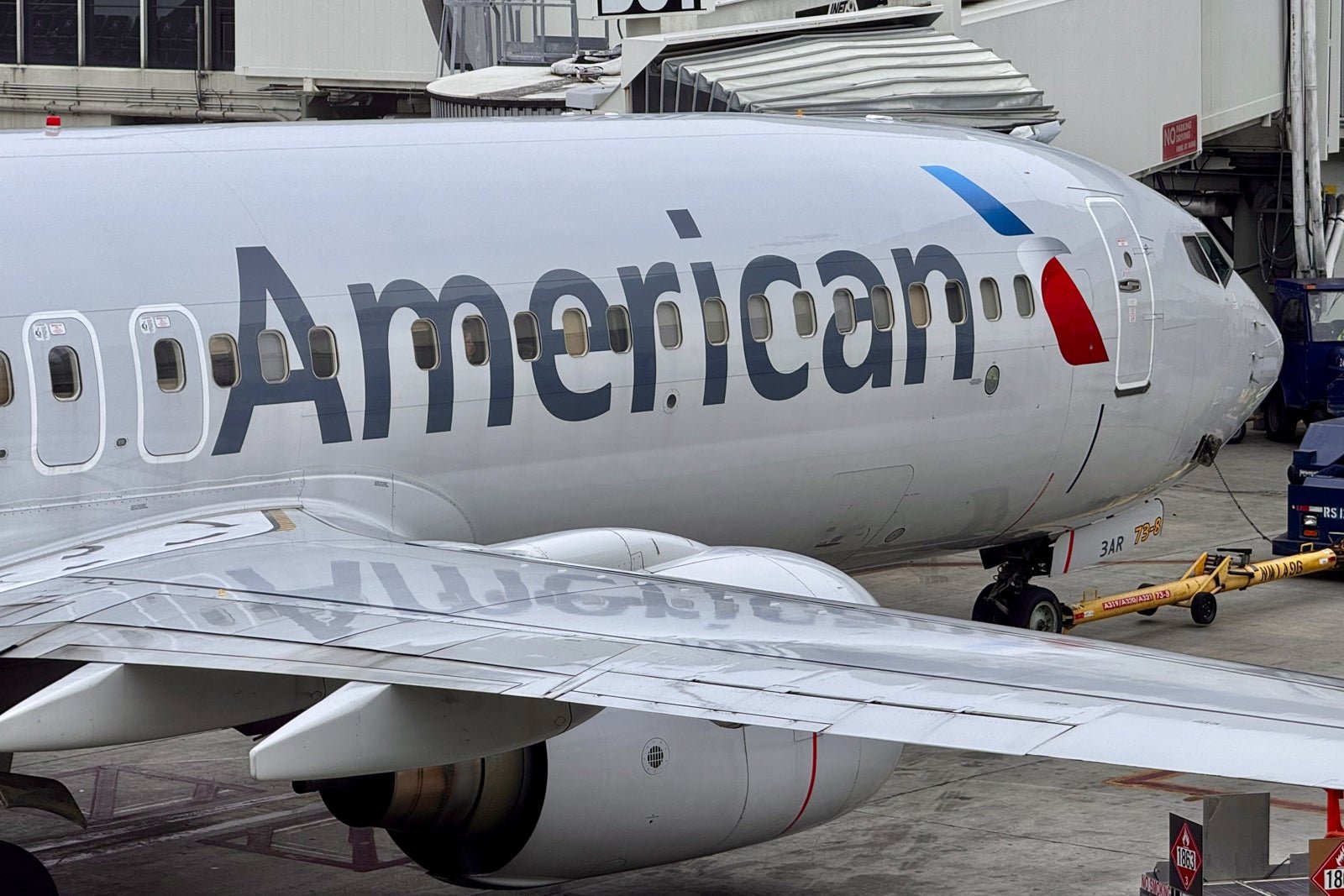We\’re less than two months into 2024, and already three major U.S. airlines have raised their checked bag fees. With Alaska Airlines, JetBlue, and American Airlines all increasing their fees in recent weeks, the question on many travelers’ minds is whether more airlines will follow suit. This latest round of fee hikes comes as airlines cite rising costs, including fuel and labor expenses, as they strive to improve profitability.
The announcement of steeper bag fees by American Airlines, in particular, has sparked outrage among customers. Instead of the previous $30 fee for the first checked bag on domestic flights, American flyers will now have to pay an additional $5 or $10, depending on how they pay. The fee will be $35 if paid online ahead of time, or $40 if paid at the airport.
This move by American Airlines is not unprecedented. Back in 2008, U.S. carriers began charging customers for their first checked bag in response to soaring fuel prices. This initial fee was expected to generate significant revenue for the airlines, and it did. Fast forward to today, and bag fees have become a significant source of income for airlines. In 2022, U.S. airlines made $6.8 billion from bag fees alone, up 17% from pre-pandemic levels in 2019.
In addition to checked bag fees, airlines have introduced a plethora of ancillary fees for services that were once included in the price of a ticket. This unbundling trend has become commonplace, with many budget airlines and even larger carriers offering low base fares and charging extra for add-ons like seat selection and carry-on bags. These ancillary fees are a lucrative source of revenue for airlines, as they are subject to fewer taxes than fares.
The Biden administration has expressed concerns about these add-on fees and has included airlines in its consumer protections push. However, airlines continue to raise fees in response to rising costs and the need to improve profitability. JetBlue and American Airlines have both cited inflationary pressures as a reason for their recent fee hikes.
As American Airlines raises its checked bag fees, many are speculating whether other major U.S. carriers like Delta and United will follow suit. Historically, fee hikes by one airline have led to similar moves by its competitors. However, there are factors at play that could impact future fee changes, including the profitability of airlines like Delta and United, which have not announced fee increases as of yet.
One strategy for avoiding checked bag fees is to go carry-on only, although this may not be possible on all tickets. Another option is to add a credit card that offers free checked bags as a perk. Elite status with an airline also often comes with free checked bags. And for travelers flying on Southwest Airlines, there are still two free checked bags included with every ticket.
In conclusion, the recent checked bag fee increases by major U.S. airlines have sparked debate among travelers. While these fees are a significant source of revenue for airlines, they have also raised concerns about the overall cost of air travel. As airlines continue to grapple with rising costs, it remains to be seen whether more carriers will follow suit and raise their checked bag fees in the coming months.

